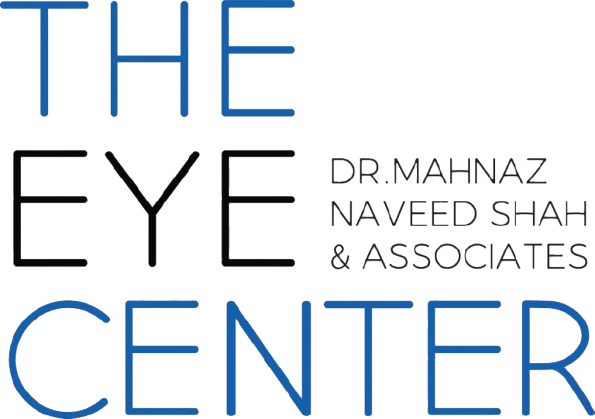Why Is Surgeon Experience Important in Cataract Surgery?
Source By: American Academy of Ophthalmology Cataract surgery is one of the most common and successful procedures performed today. However, the experience and skill of your surgeon are crucial in achieving the best results. At The Eye Center, we understand the importance of expertise in ensuring your safety and optimal visual outcomes. Our experienced surgeons, […]
FAQ’s on Cataract Surgery
Cataract surgery is a quick, safe, painless procedure in which the cloudy lens causing vision disturbance is removed and replaced with an artificial intraocular lens implant. Frequently asked questions regarding cataract surgery What is the best time to get a cataract surgery? When you notice that even with prescription glasses the blurry vision is hindering […]
Best Glaucoma Care in Karachi
Dr. Mahnaz Naveed Shah is an outstanding glaucoma specialist and surgeon in Karachi who is renowned for her expertise and compassionate care. Dr. Mahnaz has trained fully from medical college to residency training and fellowship training at the best centers in The United States.With over 25 years of experience in ophthalmology, Dr. Mahnaz excels in […]
TIPS ON TAKING CARE OF DIABETES AFFECTING THE EYE
DIABETIC RETINOPATHYWith the exponential increase of diabetes in our population, and Pakistan being amongst the top mostnations in Asia being affected, it is very important to educate ourselves with diabetic retinopathy whichis the disease of the eye being affected by diabetes. WHAT IS DIABETIC RETINOPATHYRetina is a structure at the back of the eye which […]
Best Cataract Surgeon in Karachi
Dr. Mahnaz Naveed Shah is widely acclaimed as one of the best cataract surgeons in Karachi. With years of experience and a stellar reputation, she along with her team of superb eye specialists and technicians has transformed the lives of countless patients. Her expertise in lens calculations, diagnosis and advanced cataract removal techniques ensures the […]
What are Cataracts?
What are Cataracts?If you have a cataract that means your natural lens has become cloudy or foggy.You may be experiencing blurring of vision just like looking through a dirty windshield of yourcar. Photo Credit AAO How do I know I have Cataract?You may be developing a cataract if you are experiencing the following changes in […]
Dr. Mahnaz Naveed Shah: Karachi’s Premier Cataract Surgeon for Superior Vision
Looking for the best cataract surgeon in Karachi? Meet Dr. Mahnaz Naveed Shah, a renowned expert in ophthalmology dedicated to restoring clear vision and enhancing eye health. With a stellar reputation built on precision, expertise, and patient-centric care, Dr. Shah is your trusted partner in achieving optimal vision outcomes. Specializing in cataract and glaucoma surgery, […]
Best Eye Specialist in Karachi
Are you seeking top-notch eye care in Karachi? Dr. Mahnaz Naveed Shah, a distinguished United States trained ophthalmologist with over 20 years of experience is renowned for her expertise, experience and compassionate approach. With years of experience and a commitment to true excellence, Dr. Mahnaz Naveed Shah stands out as the go-to eye specialist for […]
Why are Toric Intraocular Lenses better for me after cataract surgery if I have astigmatism?
Toric intraocular lenses (IOLs) offer significant benefits for individuals with astigmatism undergoing cataract surgery. Unlike traditional spherical lenses, toric IOLs are designed to correct both cataracts and astigmatism simultaneously, reducing dependence on glasses or contact lenses post-surgery. By addressing astigmatism, toric IOLs can improve visual clarity and quality, enhancing overall satisfaction with the surgical outcome. […]
Why is it important for for my eye specialist to maintain my medical record or file?
Maintaining comprehensive medical records is crucial for optimal eye care. These records serve as a roadmap of an individual’s eye health history, including past diagnoses, treatments, surgeries, and medications. They provide valuable insights for eye care professionals to make informed decisions about current and future treatment plans. Regular eye exams often entail various tests and […]
